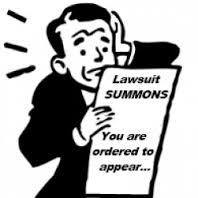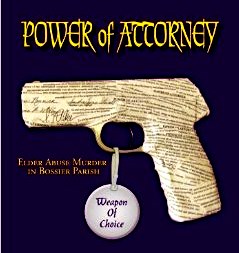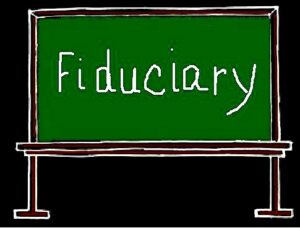
Trevor Todd and Jackson Todd have practiced contested estate law for over sixty combined years, including financial abuse by a power of attorney.
This blog is about forcing a power of attorney who subsequently becomes the executor and trustee of an estate to account to the estate for monies handled during the course of acting as power of attorney.
The problem arises in a common scenario when the power of attorney is the same person as the executor trustee.
The courts have held that there cannot be a true accounting as between the attorney and the estate trustee, as they are one and the same person.
In Brown v. Brown , 2011 BCSC 649 at paragraphs 114 – 116 sets out the following:
114) . In Harris v. Rudolph 2004 OJ No.2754 at paragraph 33 summarize the attorney’s duty to account as follows:
Following the grant of a power of attorney, the attorney has a duty to account for all transactions which he or she undertakes for the grantor. The attorney is the one who has the information. An estate trustee stands in the shoes of the grantor for the enforcement of the duty owed by the attorney as agent to the deceased as principal. There is a duty on the attorney to keep accounts and be ready upon request to produce those accounts. It is an ongoing obligation and should not be considered an imposition on the attorney if he or she has failed in that duty over a long period of time.
Also see Roger Estate v . Leung 2001 0J No. 2171 at paragraph 10.
In Ontario, there is a line of jurisprudence, holding that following the death of the grantor, and were the attorney in the estate trustee are one of the same person, there can be no true accounting as between the attorney in the estate trustee. As a result, courts in Ontario have permitted beneficiaries and others in the circumstances to seek leave as any other person under their rules, to apply to the court for a passing of the attorneys accounts for the period the attorney acted prior to the grantor’s death. De Zorzi Estate v Read 2008 ETR (3d) 318 Ont. S.C.




